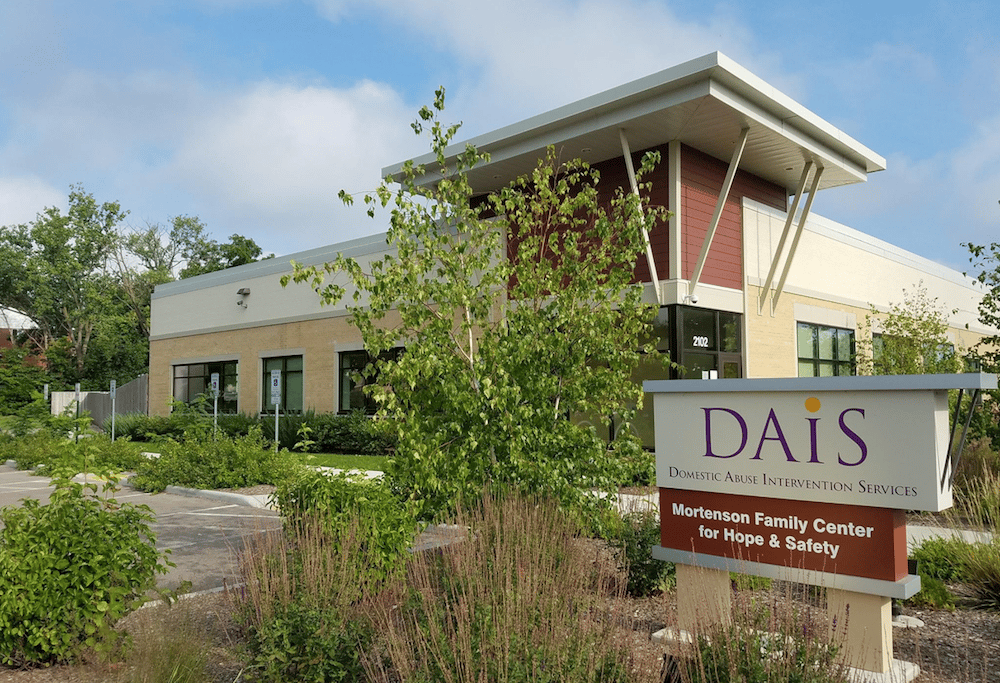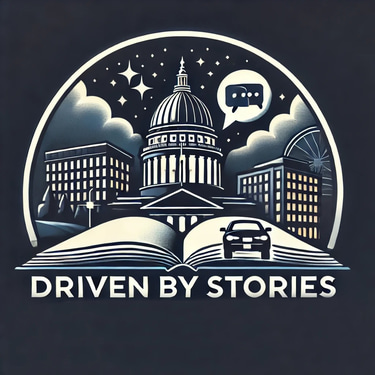

Good Hands
Warning: This chapter contains references to domestic violence and physical assault.
There are nights when the story doesn’t ask to be polished. No arc, no twist, no wry callback. Just what happened, in the order it happened, and the quiet ache that lingers after.
She climbed into the back seat fast, glancing behind her before pulling the door shut. I could feel her adrenaline before she said a word.
Still instinctively, I asked, “How’s your night been?”
She was quiet for half a breath. Then she said, flatly, “Great.” The words tumbled out. Then she caught herself — that instinct to say everything’s fine, even when it’s not. "Actually, my son's father hit me in the head with his gun.”
I lost all of the air in my chest.
That’s not a line you forget. There’s no euphemism that softens it. No narrative device that can mask the rawness. It just is.
He had a gun. He used it. Not to shoot — but to send a message. A reminder of control. A way to make sure fear stayed exactly where he wanted it — lodged under the skin, carried in the bloodstream. She didn’t cry when she said it. She didn’t rant or rage. There was just exhaustion. The kind that tells you this isn’t the first time. The kind that knows what comes next.
She didn’t need me to ask where to go. The app had already told me. We were headed to Domestic Abuse Intervention Services (DAIS.) I could tell it wasn’t her first time there. It wasn’t mine either.
Although I hoped she knew the right place to go, I didn’t assume. Thankfully, the ping was the right place. “I know where it is,” I said quietly, pulling away from the curb.
She was coming from one of those fancy new high-rises on East Washington Street. The kind with floor-to-ceiling windows and faux mid-century modern furniture staged just right. Where the rents are high and the marketing sells you security and style. But rent prices don’t negate the possibility of this kind of terror. Trauma doesn’t care what floor you live on or what the rent costs. It doesn’t check your zip code before it moves in.
Somewhere along East Wash, she pulled out her phone and made the call. No hesitation. No apology.
“Yeah. I’m on my way.”
That’s all she needed to say.
It wasn’t just flight — it was forward motion.
The silence in the car felt dense. Not awkward — just full. Loaded with everything she didn’t need to say. We passed under streetlights, each one flickering across her face in the rearview, her expression unreadable. Strong, maybe. Or just resigned. Sometimes they look the same.
I told her she was in good hands at DAIS. “A friend of mine, Shannon, runs that place,” I added, half to reassure myself. “She knows what she’s doing. People trust her.”
She nodded. “I’ve met her. She was so kind to me.”
And that was the moment that stuck.
Not the horror — though that’ll stay, too — but the kindness. The fact that when someone needed help, really needed it, there was a person who showed up and offered something solid. Not performative. Not pitying. Just human.
This city — like most — has plenty of cracks, plenty of systems that break under pressure. But DAIS doesn’t feel like a crack. It feels like a net. A sturdy one. Woven by people who’ve heard stories like hers more times than anyone should have to, and who still haven’t stopped showing up.
When we pulled into the lot, she knew where to go. She stepped out and walked toward the building — no pause, no glance back.
“Do you have everything?” I asked gently. “Phone, keys, wallet?”
She looked back through the open door. On the seat behind her were a prescription bottle and a single dollar bill.
She scooped up the bottle and slipped it into her coat pocket. Then she looked at the dollar. Picked it up. And handed it to me.
I tried to refuse. “You don’t need to do that,” I said.
But she insisted. She set it on the front seat beside me. “Thank you,” she said.
And then she was gone.
I sat there a few more seconds before pulling away. The dashboard lights glowing low, the heater humming. It’s the aftermath that always hits hardest. Not the shock of the moment — that comes fast and loud. It’s the quiet after that lingers. The echo of it.
I don’t know what happens next for her. I hope she gets out for good. I hope the law steps up. I hope she finds something steady, something whole. But I can only imagine how long that road can be. How many times it loops back before it finally breaks free.
What I do know is this: tonight, she wasn’t alone. She made it to safety. She got out. And someone kind was waiting for her on the other end. Sometimes that’s the beginning.
This job keeps showing me that being a witness matters. Not in a grand, heroic way. Just in the way we hold space for each other. The way we say, I see you. The way we tell the truth when it would be easier to look away.
There’s no neat ending here. No resolution tied in a bow. But there is something powerful about surviving the moment and getting to the next one. About driving through the dark toward a place that knows how to help.
So to the people who keep showing up — at shelters, at hotlines, at every stop along the way — thank you. And to the ones who’ve lived through it, are living through it: I see you. We see you. You’re not invisible. You’re not alone.
And to the rest of us — those in cars and offices and bedrooms scrolling late at night, wondering what to do with all this heartbreak: remember this ride. Remember that kindness matters. That presence matters. That witnessing, even quietly, is part of the work.
That tonight, in a small way, we were all part of that ride.
And that’s something.
I’m not on the board at DAIS. I don’t speak for them. But I’ve seen what they do — quietly, steadily, and without hesitation. I know the people in our community who already support them, and I respect them deeply.
If you’re moved to help, please do. You can donate directly at abuseintervention.org/donate. Or give to your local domestic abuse shelter — wherever you are, someone is doing this work. And someone, tonight, needs that help.
A portion of the proceeds from this book will go to DAIS. It’s not a gimmick. It’s not a pitch. It just feels right to give back to the kind of place that shows up when people need it most.
